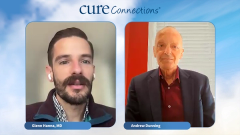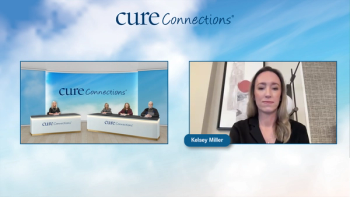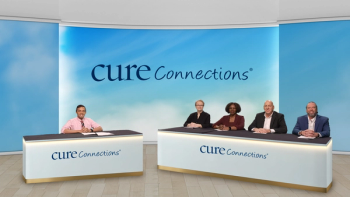
Patient Perspectives on Learning About Their HNSCC
Panelists discuss how thorough monitoring led to the discovery of asymptomatic throat cancer in a patient with HPV, emphasizing the importance of maintaining fitness, building support networks, and adopting a positive attitude throughout the cancer journey despite multiple recurrences.
Episodes in this series
Andrew Dunning's patient perspective emphasizes the importance of thorough monitoring and early detection in head and neck squamous cell carcinoma management. His asymptomatic head and neck cancer was discovered only through comprehensive imaging recommended by his radiation oncologist, demonstrating how systematic screening can identify occult disease. Despite having HPV infection as a known risk factor, Dunning maintained an exceptionally healthy lifestyle with no traditional risk factors such as smoking or excessive alcohol consumption, challenging common assumptions about cancer causation.
The patient experience reveals remarkable resilience and adaptation strategies throughout treatment. Dunning continued working and exercising during intensive radiation and chemotherapy, experiencing minimal adverse effects that typically include taste loss and fatigue. His approach to cancer as a "stage 5" opportunity for life after diagnosis reflects a transformative mindset that views the disease as a challenge rather than a limitation. This perspective enabled him to maintain high-level physical fitness throughout multiple treatment phases.
Community support and patient advocacy emerged as central themes in Dunning's journey. His weekly Facebook posts documenting his experience created connections with other patients and families, establishing a support network beyond traditional medical care. The emphasis on fitness from an early age, strong family support, and proactive engagement with the cancer community illustrates how psychosocial factors can significantly impact treatment outcomes and quality of life. Dunning's mission to prove there is "life after cancer" demonstrates the powerful role of patient advocacy in inspiring hope and resilience in others facing similar diagnoses.


